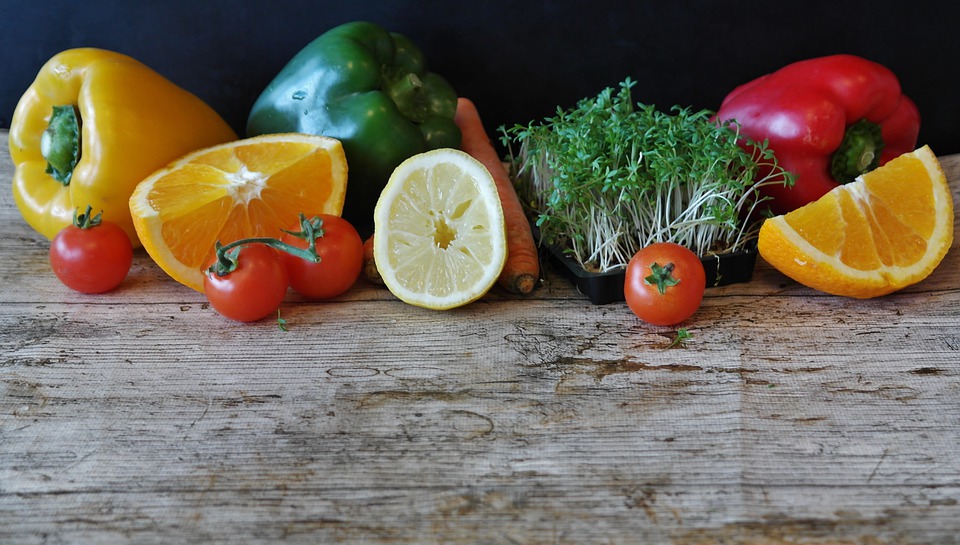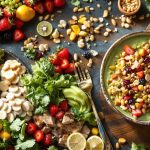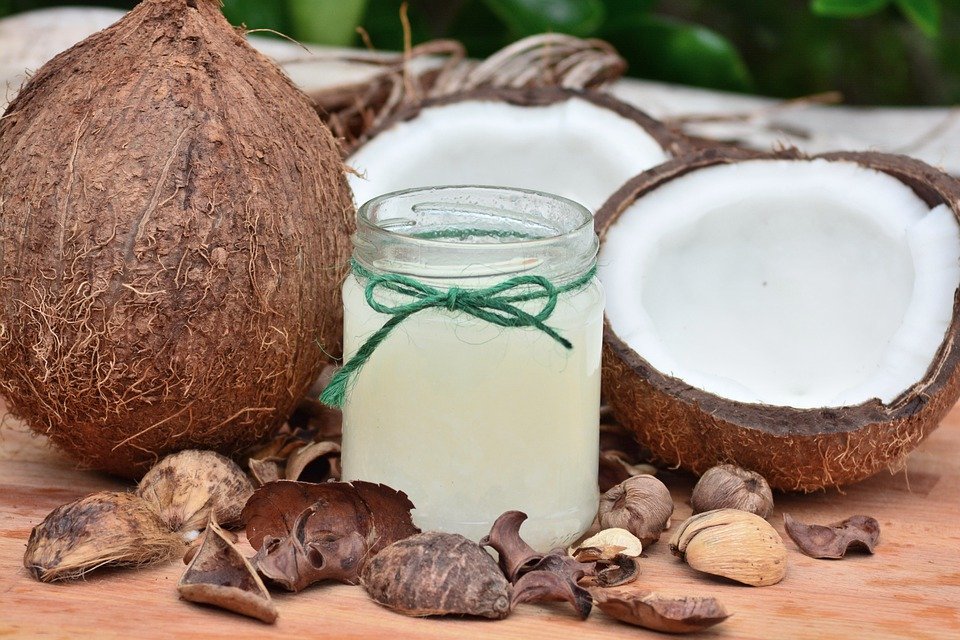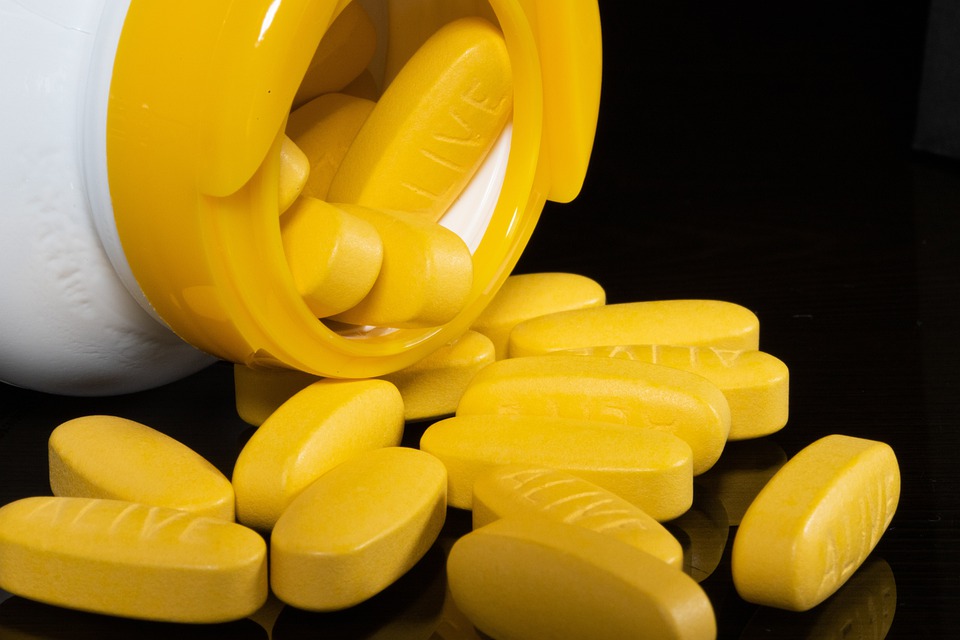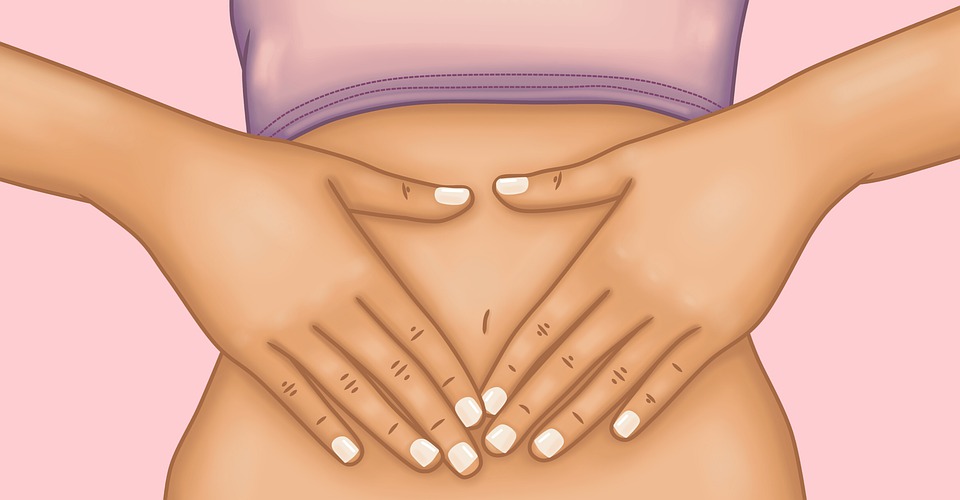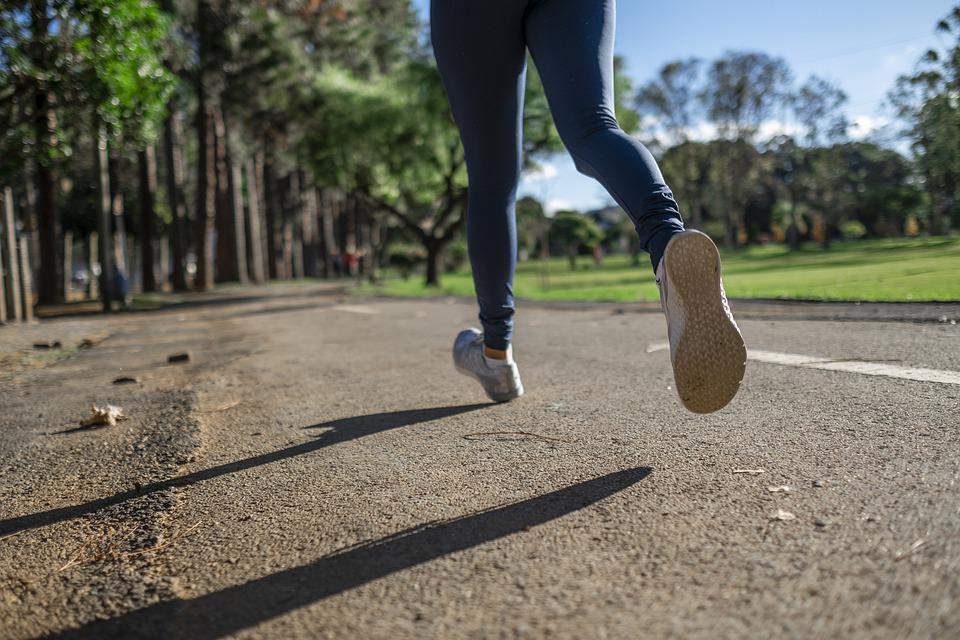
What and when you eat are both critical factors.
What is post-workout nutrition?
Post-workout nutrition is an intriguing topic and rightfully so. The basic idea is threefold:
- The body deals with nutrients differently at different times, depending on activity.
- What you consume before, during, and especially after your workout is important.
- By consuming particular nutrients after your workouts (aka post-workout nutrition), you improve your body composition, performance, and overall recovery.
Several studies have looked into different aspects of post-workout nutrition, such as what kind of carbohydrates are in post-workout drinks, and which amino acid combinations are most effective. Research is ongoing in this area, and new findings are constantly being revealed about the best post-workout nutrition for athletes and non-athletes alike.
Generally, post-workout nutrition has three specific purposes:
- Replenish glycogen
- Decrease protein breakdown
- Increase protein synthesis
In other words, athletes/exercisers want to:
- replenish their energy stores
- increase muscle size and/or muscle quality
- repair any damage caused by the workout
Some people work out in order to improve their physical appearance, increase their performance levels, and reduce their risk of injury.
Proposed benefits of good post-workout nutrition include:
- Improved recovery
- Less muscle soreness
- Increased ability to build muscle
- Improved immune function
- Improved bone mass
- Improved ability to utilize body fat
Everyone experiences benefits from this, no matter their gender or age.
Why post-workout nutrition?
Your body is constantly breaking down muscle proteins and rebuilding them every day.
The process where cells break down proteins and then synthesize new proteins to replace them is known as “protein turnover.” This process is usually in balance, meaning that the rates at which cells break down proteins and synthesize new proteins are equal.
When you exercise, however, things change.
According to research, protein synthesis rates go down during resistance training and cardio, and protein breakdown rates go up a lot after you finish working out.
Exercise is a catabolic activity, meaning it breaks down muscle tissue. This is especially true with fasted training and longer workouts.
This is why it is true that you don’t build muscle in the gym. Workouts break muscle tissue down and the repair, recovery, and growth occurs during the “downtime” in between workouts.
Mechanical growth of muscle is due to rates of protein synthesis that are higher than rates of breakdown, over a long period of time.
You want to keep protein synthesis rates above breakdown rates if you want to gain muscle quickly.
The more time your body spends in an anabolic state, the faster you will gain muscle.
You need to eat enough calories and protein every day to maintain your muscle mass, various strategies to help you recover from your workout faster can help, and post-workout nutrition is essential for bodybuilders.
The goal of the post-workout meal is to curb muscle breakdown and increase muscle synthesis rates.
And it works.
The idea is that this will play out somehow, but it is not clear how it will happen.
Should you eat protein after a workout?
It is beneficial to consume protein after exercising.
Here’s why…
- It stimulates muscle protein synthesis rates, initiating muscle building.
We remember that once we finish working out, the rate that our muscles break down Easily surpasses the rate that they are synthesized.
Muscle gain can only happen when the rates of protein synthesis are higher than the rates of protein breakdown. Eating protein does this.
The key drivers here are the amino acid leucine and the hormone insulin. Leucine directly stimulates protein synthesis, and is particularly abundant inwhey and beef. Insulin suppresses muscle breakdown rates and delivers nutrition to your cells.
Leucine is essential for muscle growth, so by eating protein, you’re giving your muscles the tools they need to grow larger. Proteins are essential for muscle growth as they are broken down into constituent amino acids, one of which is leucine.
These amino acids that are then absorbed into your bloodstream help to slow down muscle breakdown rates and help to get the wheels of muscle protein synthesis going.
- Protein that’s eaten after a workout stimulates more protein synthesis than when eaten at rest.
Eating protein after a workout results in more muscle protein synthesis than if you were to eat protein at any other time.
Should you eat carbs after a workout?
Maybe.
We are often told to eat carbohydrates after working out to increase insulin levels, which is supposed to help muscle growth through various anabolic mechanisms.
Although it may be seen as counterintuitive, eating carbohydrates after a workout does not actually lead to more muscle gain according to studies.
The moderate insulin levels are needed to increase muscle protein synthesis rates along with a sufficient protein dose. This combination is enough to reach the desired insulin levels.
If you add carbohydrates to your post-workout meal, it will cause your insulin levels to stay high for a longer period of time. This is good for muscle building because insulin lowers the rate at which muscle breaks down.
This is one of the reasons why high-carb diets are better for gaining muscle than low-carb ones:
When you eat a high-carbohydrate diet, your body produces more insulin. This leads to less muscle breakdown.
Carbing up post-workout means replenishing your muscles with glycogen, which is used as energy during exercise, particularly during strenuous activity.
Refilling your glycogen stores after working out can help improve your mood and how you feel afterwards, but it doesn’t seem to have an effect on how well you perform during future workouts unless you’re working out multiple times in the same day.
This means that you don’t need to hurry to restore your glycogen stores unless you will need to use them again later in the day.
The body does not store carbs as fat until glycogen stores are full, so it is often recommended to eat carb-rich meals after working out.
People debate whether this method can help improve your body composition over time, but it definitely won’t do any harm.
Should you eat fat after a workout?
Sure, if you want to.
Bodybuilders who don’t consume protein shakes post-workout claim that it slows down the process of the body digesting and absorbing protein and carbs.
It’s often thought that adding fat to a protein- and/or carb-rich meal will slow down the rate at which food is cleared from the stomach, making it less effective as post-workout nutrition. However, this isn’t the case.
This means that, contrary to popular belief, the fat content of a meal does not affect how quickly glycogen is replenished, and that whole milk may be more effective in promoting growth than nonfat milk.
There is no harm in having fat after working out, but it is not necessary.
How soon after a workout should you eat?
The anabolic window is an important part of post-workout nutrition.
The idea is that you should eat within 30 to 60 minutes after a workout to maximize muscle gain.
According to the story, if you don’t do this, you won’t gain muscle as quickly as you could.
How true is this, though?
It depends on when you last ate before working out.
You should eat protein soon after working out if you haven’t eaten in the last 3 to 4 hours. This is because your insulin and muscle protein synthesis levels will be low.
If you don’t eat, you’re missing an opportunity to gain muscle faster because your body can’t start building muscle until it has food.
If you have eaten recently before starting your workout, it is not as important when you have your post-workout meal. This is especially true if the meal you ate before working out had a lot of protein in it.
You can eat immediately after your workout or wait an hour or two, depending on how you feel. Your body will still be processing the food you ate either way.
What about post-workout supplements?
There are a lot of “post-workout supplements” that claim to speed up muscle recovery and growth.
Most are bunk, but there are a few options that you should consider:
- Whey protein because it’s rich in leucine and rapidly spikes plasma amino acid levels, making it a particularly good source of post-workout protein.
- Creatine because it helps you gain muscle and strength faster, and research suggests that taking it after working out is best.
- Fish oil because it has an impressive roster of health benefits, and research shows that it can boost muscle protein synthesis levels when combined with food.
What you should know about workout nutrition
Availability
Availability strongly influences the amino acid/glucose delivery and transport.
This means that in order for our bodies to use raw materials to rebuild and recover, those raw materials must be accessible. If they are available, then our body is more inclined to put them to use. Having the materials present can notify our body that it is time to rebuild.
We improve availability in two ways.
- Increased blood flow to skeletal muscle during and after exercise means that more nutrients are floating around more quickly.
- Providing an amino acid and glucose-dense blood supply during and after exercise means that the rate of protein synthesis goes up.
Blood circulation and nutrients are improved which results in better availability.
The “window of opportunity”
This “window of opportunity” is when your body is most receptive to nutrients.
During this time your muscles are ready to except nutrients that will help with muscle repair, growth, and strength.
A window of opportunity opens up immediately after you work out, but it starts to close pretty quickly. Research suggests that while protein synthesis persists for at least 48 hours after exercise, the most important time to get post-workout nutrition is immediately afterward, and within 2 hours.
If you eat healthy food while your body is still growing, you will reap the benefits.
If you don’t give your body the nutrients it needs post-workout, you won’t store as much glycogen in your muscles, and your protein synthesis will decrease.
You should consume some postworkout nutrition as soon as you drop the last dumbbell.
What to eat
Post-workout nutrition requires two things:
- Protein to aid in protein synthesis
- Carbohydrates to help replace muscle glycogen (and to enhance the role of insulin in transporting nutrients into cells)
A whole food meal that meets these requirements could be eaten after exercise.
However, whole food meals aren’t always practical.
- Some people aren’t hungry immediately after exercise.
- Whole food digests slowly, and we want nutrients to be available quickly.
- A whole food meal that requires refrigeration might be less practical.
On the other hand, consuming a liquid form of nutrition that contains rapidly digesting carbohydrates (e.g., maltodextrin, dextrose, glucose, etc) and proteins (e.g., protein hydrolysates or isolates:
- might accelerate recovery by utilizing insulin for nutrient transport into cells;
- can result in rapid digestion and absorption; and
- is often better tolerated during and after workouts.
Data suggest that it may only take around 20 grams of protein after a workout to stimulate muscle protein synthesis as much as possible.
Which workouts qualify?
Your workout drink should be saved for when you’re weight training, interval training, or endurance training for 45 minutes or longer.
Informal exercise, for example taking the dog for a walk, helping grandpa move paving stones, or riding your bike to the arcade, doesn’t necessitate a drink to help you recover.
A recovery drink is not necessary after completing energy expenditure work in order to burn energy or lose fat. If you are focusing on fat loss, performance and recovery from these sessions are not as crucial as creating an energy deficit.
Although consuming a branched-chain amino acid supplement may be helpful if you are spending a lot of time performing energy expenditure work and your overall energy intake from food is low,
Summary and recommendations
You should consume 30 grams of carbohydrate and 15 grams of protein per hour of workout time if you want to have intense workouts/training.
You can drink this during your workout or right after.
You can either make a drink for after your workout with easily digestible carbohydrates and proteins, or find a drink that already has these things in it.
You should have a whole food meal within an hour or two of completing your workout.
The main priority if you want to lose body fat should be to drink BCAAs. This should be done around 5 to 15 grams per hour, depending on how much you weigh. If you weigh more than 200 pounds, you should drink closer to 15 grams, and if you weigh less than 200 pounds, you should drink closer to 5 grams.
If you are relatively lean but still want to lose fat, you should either choose a smaller dose of the protein and carbohydrate combination, or opt for branched chain amino acids.
For extra credit
The mixture of carbohydrates and amino acids while/after working out has a growth hormone and testosterone boosting effect that does not occur during the rest of the day. In other words, if you drink a carb + protein drink while sitting on the couch, it won’t be as effective.
Choose carbohydrates wisely, as glucose is absorbed more quickly than fructose. Fructose-heavy solutions have been linked to abdominal pain, increased fatigue, and higher cortisol levels.
Adding creatine to your workout nutrition may improve your results.
Essential amino acids may the key to promoting positive nitrogen balance after workouts, rather than nonessential amino acids.

